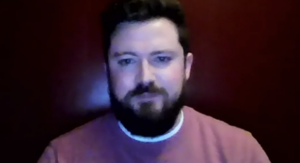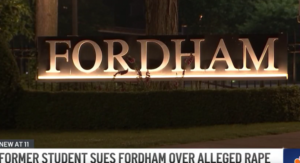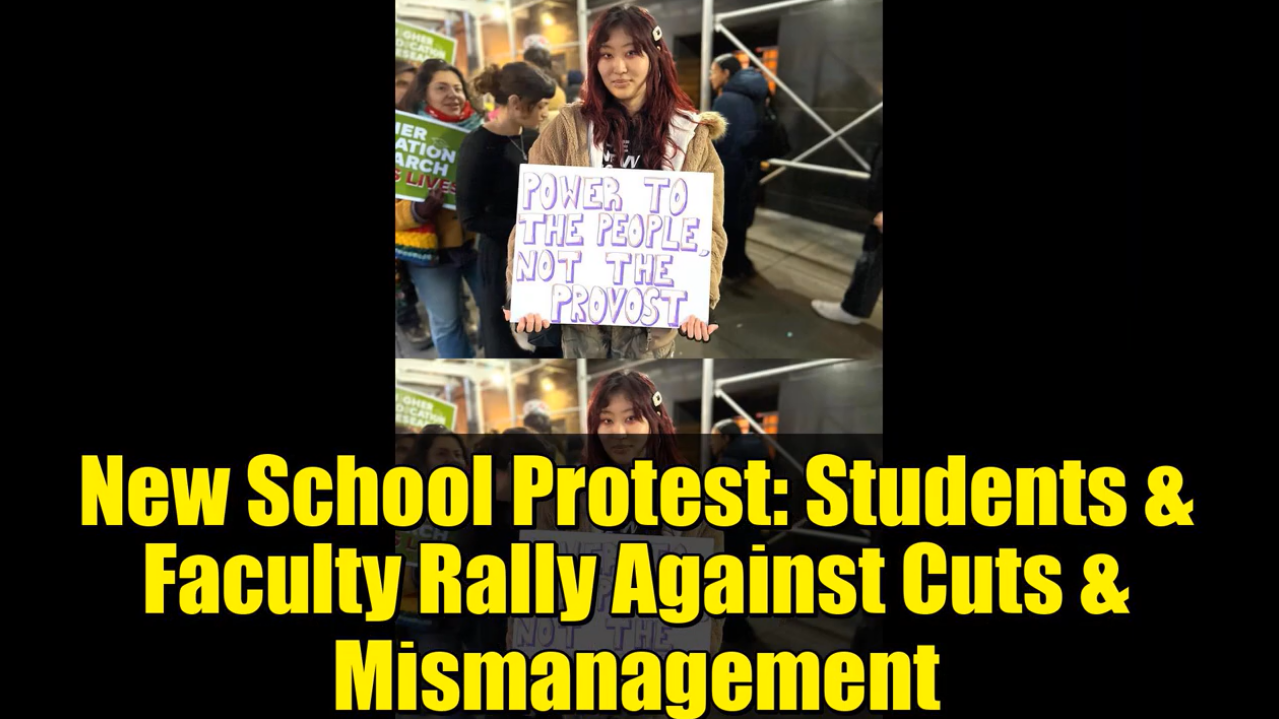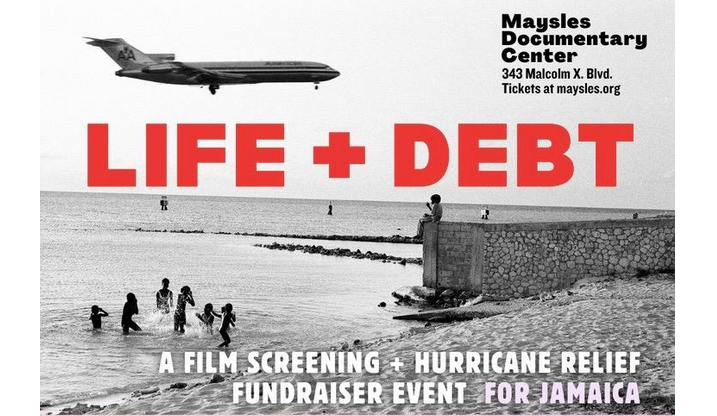By Frank Austin
Photos: Video Screenshots
The persistence of sexual assault has always relied on an imbalance of power, particularly on college campuses.

Whether it’s the violence of the assault, the reliance on public pressure and intimidation to keep victims silent, or the power of universities to manage their reputations — well-funded and well-connected institutions have relied on a lopsided justice system rife with insanely short statutes of limitations and a culture of shame to protect their interests and silence those who dare share speak out and share their story.
The system, by design, favors the powerful. It protects the institutions. I should know. I was raped by my roommate during my sophomore year at Fordham University. As asserted in my complaint, which I filed on June 6 in federal court, my university failed to protect me despite multiple warnings. And, until New York passed the Adult Survivors Act in 2022, I had lost the opportunity to seek justice for an attack that altered the course of my life when I was only 20 years old.
I have to live with the consequences of their dereliction of duty for the rest of my life.
Unfortunately, my university’s mishandling of my case is a perfect example of a wider problem. Historically, universities and colleges have come up short when it comes to handling sexual assaults on their campuses. Even with reporting numbers notoriously lower than reality, a recent study shows that more than one out of 10 students will report a nonconsensual sexual encounter as an undergraduate.
And for those who report, now they have to encounter a problematic justice system. By the Department of Justice’s own numbers, approximately three rapists will ever serve a day in prison for every 100 rapes committed. That’s a 3% conviction rate. Would you report and relive the worst day of your life if you could safely bet that your attacker will walk free?
No student should have to face this kind of decision as they are adjusting to independence and adulthood and no parent should have to fear that their child’s university or college would turn a blind eye to sexual assault.
Until now, there has been little recourse or protection for survivors found in the shadows and left pick up the pieces on their own. Their attackers go free, and the institutions that protected them are able to move on as if nothing ever happened and hide behind incredibly short statute of limitations that protect them from any liability.

Too many powerful people turned a blind eye to the atrocities happening right in front of them. As we continue to grapple with what it means to support survivors of sexual assault, we must do more than simply talk about the problem. Rather, we must start holding institutions accountable for their negligence and refuse to allow them to sweep their cover ups under the rug.
But in the aftermath of the #MeToo movement, we have seen positive change. The imbalance of power was brought to light and with it, a national reckoning focused on righting historic wrongs and giving survivors tools not only to heal from their attacks but hold their attackers and those who enabled these assaults accountable in a court of law.
Powerful predators were brought to justice. Institutions like the Catholic Church were held accountable for the staggering decades of child abuse and molestation happening within its own priesthood.
The Child Victims Act brought unprecedented attention and relief to those who had been victims of a lopsided justice system. Now, until Nov. 23 of this year, the Adult Survivors Act is allowing survivors like me to seek justice. Because the truth remains that there is not much of a difference between a 17-year-old Catholic high school student and an 18-year-old in their first year of college. Institutions of higher education must be responsible for protecting their students.
As you can imagine, the aftermath of these assaults has haunted me. Without any help or acknowledgement from the university for what happened to me, I was left to pick up the pieces on my own. I fell into a deep depression and attempted to take my own life on several occasions. I’ve sought counseling and I’m so thankful for the support of my friends, family, and husband. But, the road to recovery has been long, rocky and oftentimes lonely.
My university refused to act, and I am the one who must live with the consequences of their inaction every day. My purpose is using my experience and voice to ensure no other student must go through what I have had to endure for the last 12 years of my life, and I am fighting for justice and accountability with every avenue I have available.
Frank Austin graduated from Fordham University in 2013. This piece was originally published in the New York Daily News






